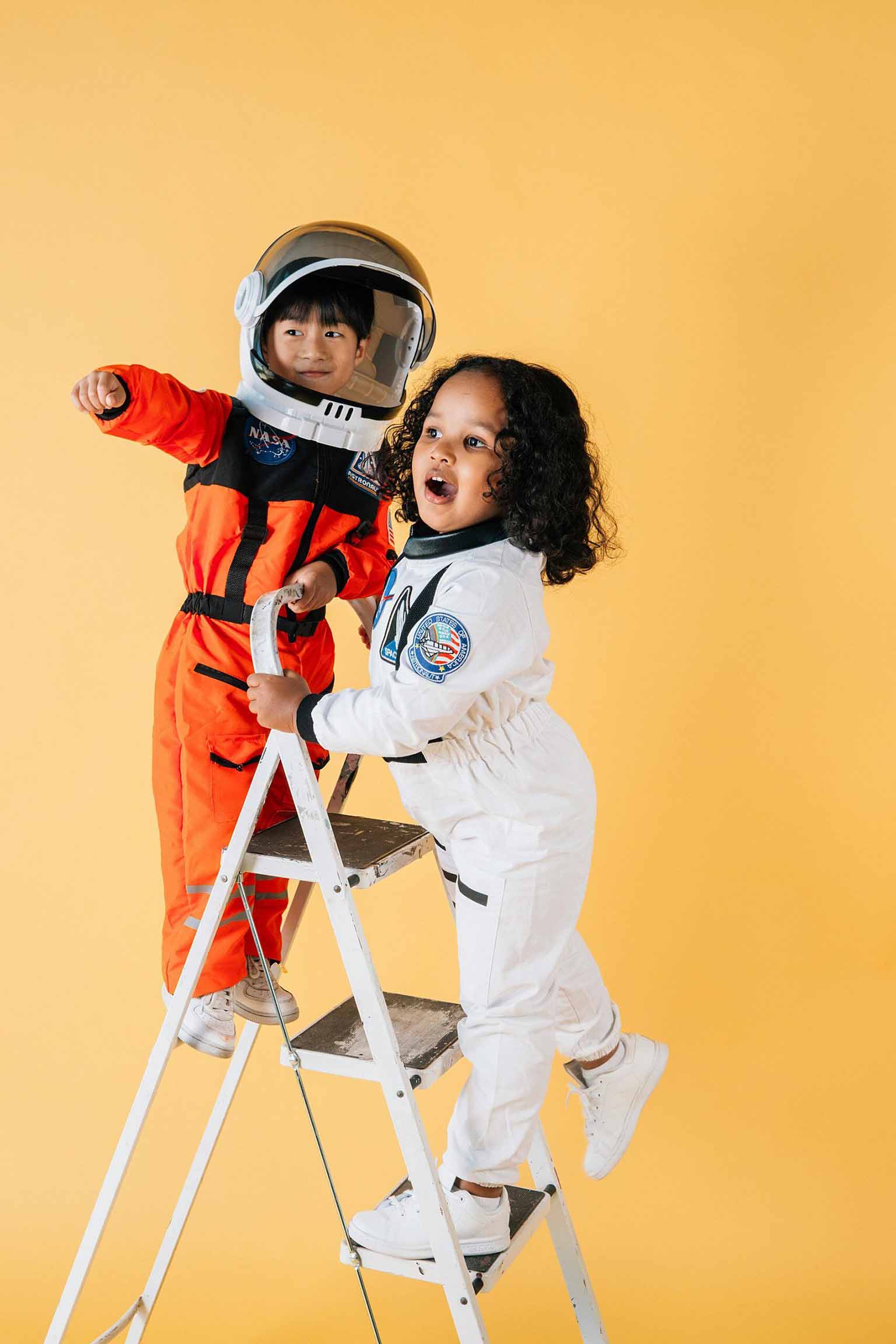
The benefits of managing our emotional state
When compared to adults that grew up pre smart phone, young people have so many choices. My own childhood meant growing up when children’s TV finished at 9am. We then had to wait until Neighbours (RIP) came on in the early evening. We would fold down the corner of the pages in an Argos catalogue for our birthday wish list. In short, my emotional state was not severely challenged for attention.
Compare my childhood with young people today who have access to almost infinite information in the palm of their hands. They connect, shop, stream, search and more – and fundamentally it’s all about ‘eyeballs’. Attention equals money.
Today young people perceive themselves to have so much autonomy and, in many ways, this is a time of infinitely more opportunities for success, exploration and in some ways, connection.
So, on World Youth Skills Day, do young people have the skills they need to navigate life?
Mental health – One in six children aged 5 to 16 were identified as having a probably mental health problem in July 2020 [1]. This grows to one in three with mental health problems in adulthood which are directly connected to an adverse childhood experience. [2]
Suicide – According to the ONS deaths registered in England and Wales 2019, the leading cause of death in both both girls and boys from 5 to 19 was ‘Intentional self-harm; and event of undetermined intent’ making[3]. This makes up 19.3% of deaths in boys and 15.7% of deaths in girls.
These statistics suggest our young people may be lost in a sea of change and overwhelming conditioning. They lack the skills they need to navigate life.
We all need space from stimulation if we are to process the tsunami of data received even in a couple of moments, drawing us in for one more scroll of the thumb.
Space allows us to become explorers rather than consumers. So, with digital platforms entrenched in our culture, what are the skills that allow us to be fulfilled, integrating rather than being consumed?
LEARNING THE SKILL OF PRESENCE
Learning to be present is one of the greatest skills we can acquire – whatever our age. There are five parts to developing presence:
1. Understanding what is stimulating us externally and the effect that has
2. Small frequent practice to give us space
3. Peers to enable this practice to happen
4. Prompts that remind us to practice
5. Daily reflection to learn
Being present gives us a richer, more authentic experience of our current emotional state. Our emotional state is not clouded by over stimulation, or a spaghetti junction of thoughts generated from emotions of anxiety or fear. Having such awareness gives us the opportunity to use the literacy of emotions to work out where they are coming from.
We begin to see patterns and create new emotional connections. Regular practice enhances our mastery of social interaction and dynamic connection. This allows us to better apply contextual knowledge and integrated thinking in the ever-more complex situations we face.
To explore our consciousness we require a map, and our map needs an ‘X’ that marks the spot. And this is where technology can help. Biofeedback via technology can be our prompt for greater awareness of our emotional state. It can help us achieve greater awareness, literacy and management of our emotions.
The Complete App has been designed to be your map. It can help you check in on your emotional state and learn how to better manage your emotions. For young people today, this could be the tool they need to develop the skills to help them navigate the overwhelming stimulation of digital life today. And even for people like me, who grew up in the less-stimulating environment of Neighbours on TV, it offers the skill we need to improve our wellbeing.